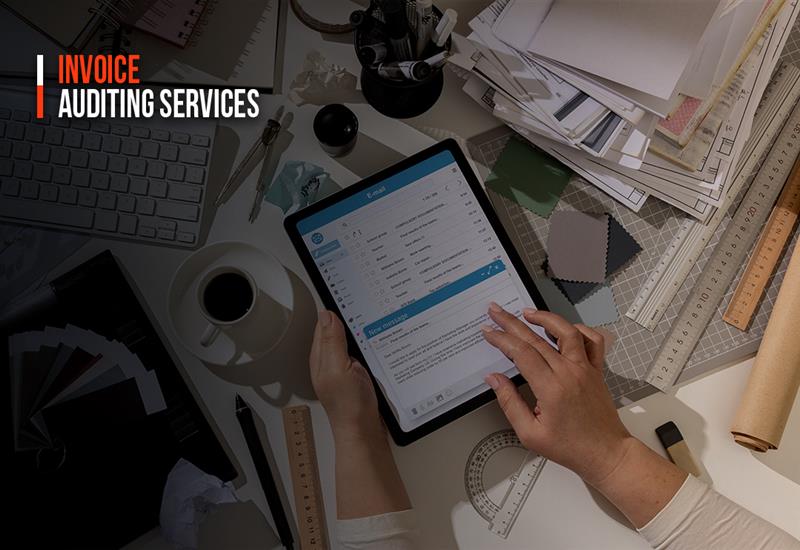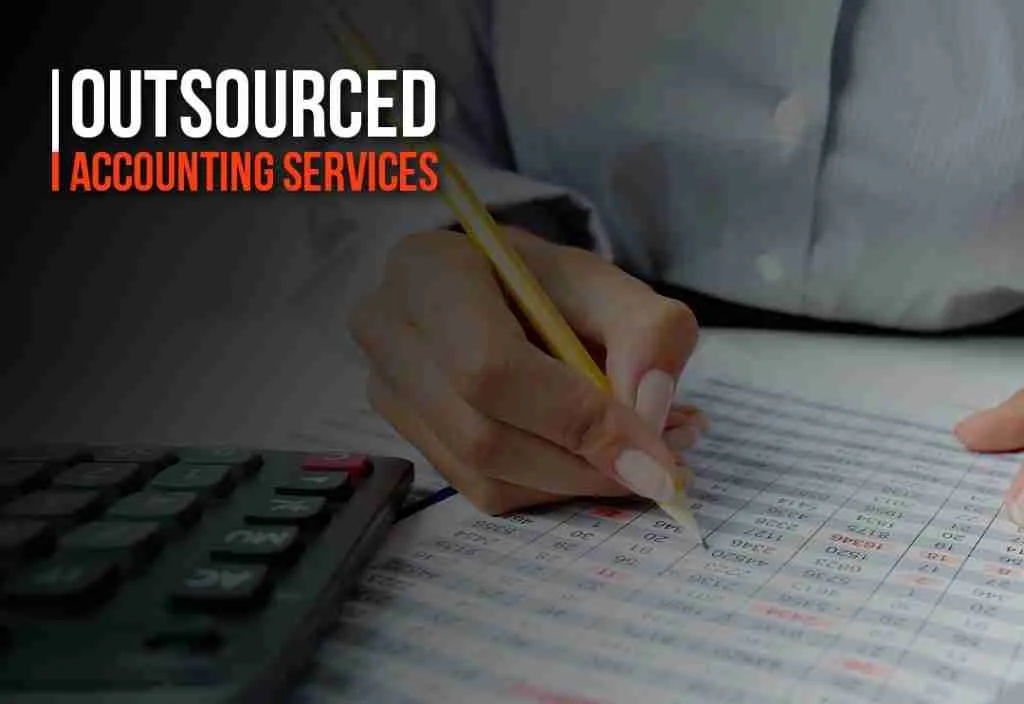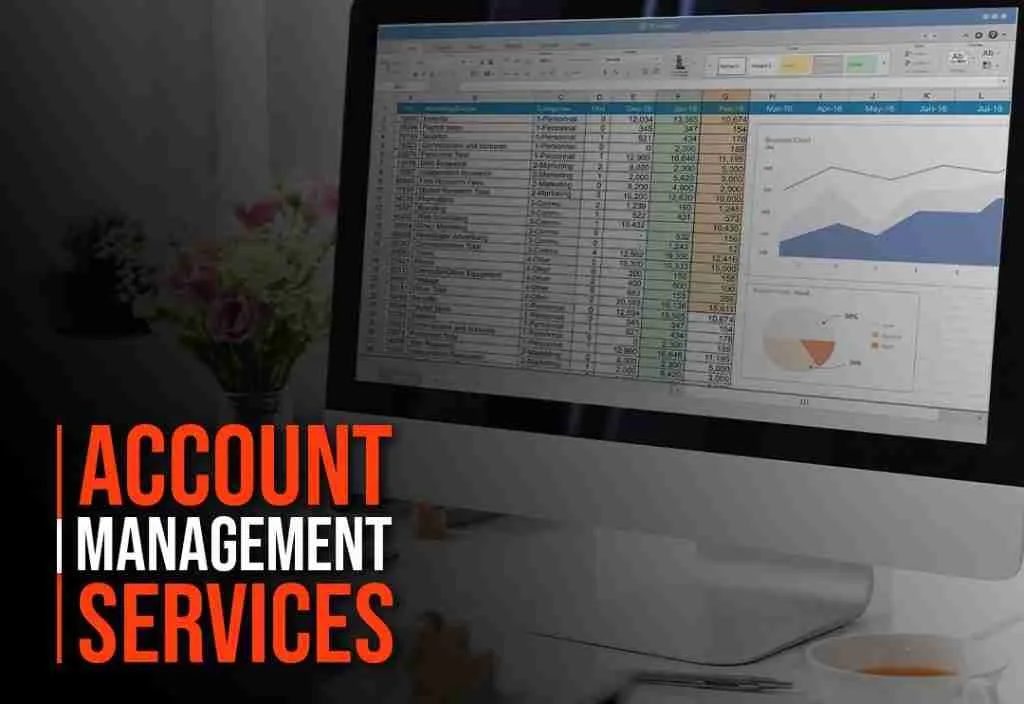Do you think your business is paying every invoice correctly? Think again. Every year, companies, especially small and mid-sized ones, unknowingly lose thousands of dollars due to inaccurate billing, duplicate charges, or missed discounts. And the worst part? These losses are often buried in plain sight.
Whether it’s duplicate payments, overbilling, or missed discounts, errors in invoicing can eat into your bottom line.
Running a small business means keeping a close eye on every penny. But with multiple vendors, recurring mistakes. That’s where invoice auditing services can make a big difference.

What Are Invoice Auditing Services? A Brief
Invoice auditing services involve carefully reviewing and verifying your incoming invoices to catch inconsistencies, overcharges, or errors that could cost your business money. Whether you receive 50 invoices a month or 5,000, a proper audit ensures you’re only paying for what you owe, nothing more, nothing less.
It’s like having a financial proofreader for your books.
The Real Problem: Hidden Billing Errors That Add Up Fast: Here’s what might be slipping through the cracks:
- Duplicate invoices or payments
- Overbilling or incorrect quantities
- Charges for services never rendered
- Ignored or missed early-payment discounts
- Wrong tax calculations or exchange rates
Now multiply one error across hundreds of invoices, that’s a real dent in your profit.
The Smart Move?
Outsourcing invoice auditing & processing services. Now, managing invoices manually? That’s a full-time job, one prone to mistakes and inefficiencies. That’s why many businesses are choosing to Outsource Invoice Processing Services to skilled professionals and automation-driven teams.
That’s where invoice processing outsourcing services come into play, they not only help you manage your invoice load but also ensure it’s 100% accurate.
Why Do Small Businesses Need Invoice Auditing? Top Benefits
Running a small business means wearing multiple hats, and managing invoices often becomes a side task rather than a priority. But that’s a risky approach. Invoice errors don’t just cost money; they affect your vendor relationships, cash flow, and financial credibility.
- Small Errors Can Lead to Big Losses: A single overpayment or duplicate invoice might seem minor, but these errors often go unnoticed and accumulate over time. Without regular audits, small leaks can quietly drain your budget.
- Invoices Are More Than Just Paperwork: Every invoice represents a transaction, a commitment, and a financial record. Incorrect invoices can disrupt your bookkeeping, tax filings, and internal reports, making your financial health appear very different from reality.
- Complexity Grows Faster Than You Think: As your business expands, the number of vendors, recurring bills, and platforms increases, leading to a corresponding growth in the complexity of managing payments. An audit process helps you stay in control before things get out of hand.
- Vendor Trust Depends on Accuracy: Delays or disputes due to incorrect payments can sour relationships with vendors. Regular auditing ensures you’re always aligned with what’s owed, fostering smoother and more professional communication.
How to Get Started with Invoice Auditing for Small Business (Step-by-Step)?
Whether you’re managing it internally or outsourcing, getting started with invoice auditing doesn’t need to be overwhelming. Here’s a step-by-step guide for small businesses:
- Organize Your Invoices and Contracts: First things first, gather all relevant documents. Ensure everything is categorized, labeled, and stored securely, preferably in a digital format. Check their:
- Vendor and supplier invoices (last 6–12 months)
- Payment records
- Vendor contracts or agreements
- Purchase orders (POs)
- Expense receipts
- Define Your Audit Goals: What are you trying to achieve exactly with invoice processing services? Set clear KPIs to measure the effectiveness of your auditing process.
- Reduce duplicate payments?
- Find contract violations?
- Ensure tax and discount compliance?
- Detect fraud?
- Choose the Right Tool or Provider: For in-house auditing, invest in accounting software with audit features. And for outsourcing, refer to the checklist below to choose a qualified provider. If outsourcing, share a sample set of invoices for an initial audit review or demo.
- Audit Sample Invoices First: Begin by auditing a small batch of invoices to identify common errors, build an audit checklist, and understand root causes of mistakes. This will help set the foundation before scaling the audit process across your business.
- Set a Regular Audit Schedule: Next, make invoice auditing a recurring activity. Frequent auditing reduces financial risks and gives you real-time insights. Thus decide:
- Monthly: Ideal for high transaction volume
- Quarterly: Good for growing businesses
- Yearly: At a minimum, do an annual audit
- Review the Audit Findings: Once the audit is complete. Create an internal report or review sheet to track learnings and actions. Therefore,
- Examine the discrepancies found
- Follow up with vendors or suppliers
- Recover overpaid amounts
- Adjust internal processes to prevent future issues
- Implement Improvements: Use audit results to:
- Improve invoice approval workflows
- Train staff on common errors
- Negotiate better vendor terms
- Automate recurring invoice checks
- Consider Outsourcing: Also, if you don’t have the bandwidth or expertise, hiring a professional invoice auditing service for your business can save you money in the long run. Many providers offer monthly plans tailored for small businesses.
Tired of Chasing Paper Trails? Outsource Invoice Processing Services
Outsourcing your invoice auditing isn’t just about delegating work; it’s a strategic move that improves accuracy, reduces costs, and saves time. Here’s why it works:
- Expert Eyes Catch What Software Might Miss: Trained professionals go beyond basic software scans. They cross-reference vendor terms, spot billing anomalies, and ensure every invoice is legitimate.
- Say Goodbye to Costly Mistakes: From duplicate payments to misapplied taxes, even minor errors can quietly drain your finances. Outsourcing ensures you’re paying what you owe, and nothing more.
- Maximize Time, Minimize Hassle: Instead of your internal team spending hours buried in numbers, let them focus on strategic financial planning, while experts handle the messy audit work.
- Gain Access to Advanced Tools Without the Investment: Most outsourcing partners use automation, AI, and advanced reporting; no need for you to buy or manage expensive audit tools.
- Scale Without Hiring Headaches: Invoice volume growing? No problem. Outsourcing teams flex with your needs, no recruitment, no training, just faster, smarter work.
Is There a Downside to Outsourcing Invoice Auditing Services in 2025?
Yes, but with the right approach, the drawbacks can be managed.
- Data Privacy Concerns: Invoices carry sensitive business data. Outsourcing requires you to share that with a third party. Therefore, choose a provider that ensures encryption, compliance, and full confidentiality for your invoices.
- Lack of Control: Handing over financial processes can feel like losing control in your business. That’s why regular audits, real-time dashboards, and clear communication are a must for checking if audits are happening correctly.
- Integration Issues: If the invoice auditing provider’s tools don’t work with your existing software (like QuickBooks, Xero, or SAP), it could lead to delays. Hence, always confirm compatibility before onboarding them for your business. Clear communication is better than joining hands blindly.
How to Outsource the Top Companies for Invoice Auditing Services?
Outsourcing your invoice auditing can be a smart move, saving time, reducing overhead, and catching errors that might otherwise slip through the cracks. But not all service providers are equal, and choosing the right one is crucial for protecting your business’s finances and data.
- Industry Experience and Expertise: Look for a provider that has experience working with businesses in your industry or of a similar size. They’ll be more familiar with the types of invoices, terms, and common billing errors that apply to your operations. So, you should ask for case studies or references from businesses like yours.
- Scope of Services: Make sure the provider offers line-by-line invoice auditing, contract payment checks, duplicate payment detection, tax and discount verification, reporting and analytics, and error resolution support. Therefore, avoid providers that only offer surface-level reviews without digging deep into your financial documents.
- Integration with Your Systems: Find out if they can work with your current accounting or ERP software. Seamless integration reduces manual work and ensures better data accuracy.
- Data Security and Compliance: Remember, your invoices include sensitive information. The provider must follow strict data protection policies and have robust cybersecurity protocols in place.
- Transparency and Communication: A reliable invoice audit service provider should be clear about their process, timeline, what’s included, cost breakdown, and how they report findings. Moreover, also look for real-time dashboards or monthly reports to keep you updated.
- Customer Support and Responsiveness: Good support matters. A lot. You’re not taking your business lightly, or are you? No right? Thus, test their responsiveness, do they reply quickly to emails? Do they offer a dedicated account manager? How do they handle urgent issues?
Conclusion
Invoice errors aren’t just inconvenient; they’re costly. Whether you’re running a retail shop, managing a tech startup, or scaling a manufacturing business, invoice auditing services are essential for keeping your financials clean, accurate, and optimized.
Instead of letting unnoticed billing mistakes chip away at your bottom line, take control with a trusted partner who understands the nuances of your industry.
Outsourcing Buddy offers expert services tailored for businesses across all sectors, from e-commerce and logistics to healthcare and more. Our team ensures every invoice is reviewed with precision, using industry-grade tools and human expertise.
Ready to stop overpaying and start optimizing? Partner with Outsourcing Buddy today because your business deserves financial clarity and error-free operations. Don’t wait, schedule a free consultation now!
Frequently Asked Questions by Users
Question: Who should use invoice auditing services?
Answer: Any business handling multiple vendors or recurring bills, especially in retail, logistics, healthcare, or IT, can benefit from error-free invoicing and better cash flow.
Question: How often should invoices be audited?
Answer: However, the frequency depends on your business size and invoice volume. But monthly or quarterly is ideal. For high-volume businesses, ongoing audits offer real-time accuracy and faster error detection. Regular auditing of your business helps detect errors before they impact cash flow or vendor relationships.
Question: What errors can be caught during an audit?
Answer: Invoice audits can uncover a variety of issues. Common issues include duplicate payments, overbilling, missed discounts, and tax mistakes, all of which can quietly drain your budget.
Question: Is outsourcing invoice auditing secure to a third party?
Answer: Yes, with the right provider. Trusted firms like Outsourcing Buddy use secure tools, follow strict data privacy rules, and sign NDAs for full confidentiality.


